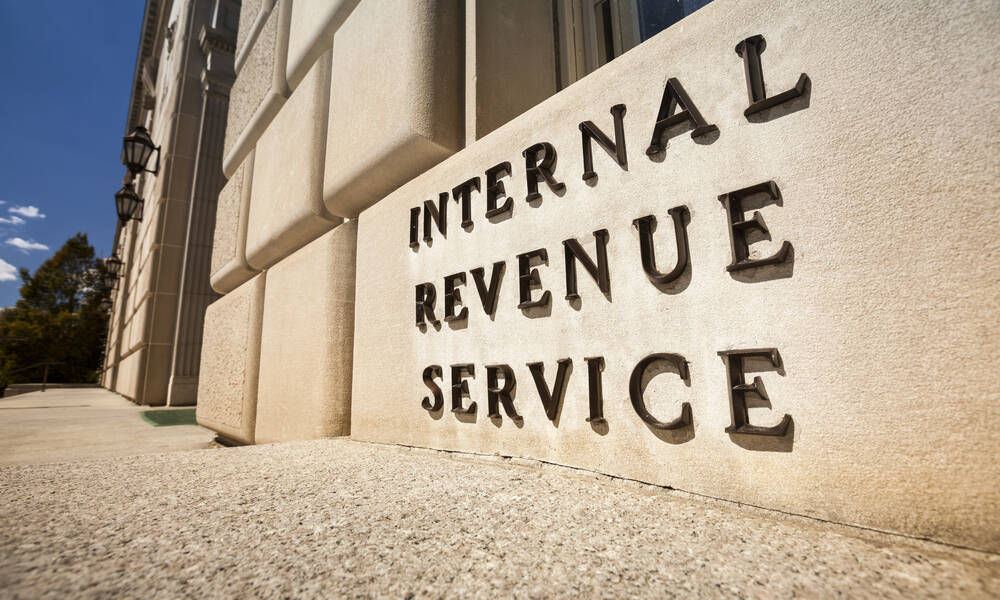
Court Ruling on Donor Disclosure Rule Creates Confusion for Nonprofits
Citing a lack of public comment, a federal judge invalidated a move by the IRS to roll back a rule requiring nonprofits to disclose the names of large donors. The decision creates uncertainty for nonprofits that have filed their 2018 federal tax returns.
A federal rule change that allows many nonprofits to stop reporting large donors to the IRS is on hold—at least for now.
Last week, a federal judge in Montana said the IRS had not properly sought public comment last year before it rescinded a longstanding requirement that most nonprofits disclose their large donors (those who give $5,000 or more in a year) to the federal government. The change, announced a year ago, allowed 501(c) nonprofit organizations—with the exception of 501(c)(3) charities and Section 527 political organizations—to submit a Form 990 without listing the names and addresses of large donors. The change affected trade groups, social welfare organizations, labor unions, and similar organizations.
The change proved highly controversial, raising concerns that it would allow groups focused on political advocacy to shield major donors from scrutiny and allow foreign money to influence elections. While donor information is not shared with the public, the IRS has used it to detect tax fraud and other illegal activity. After rescinding the rule, the IRS still required nonprofits to keep the information for their own records, and the agency could collect it by request.
Two states, Montana and New Jersey, challenged the action in court, claiming that the IRS had not given proper notice of the rulemaking or invited public comment. The Justice Department argued that the states did not have standing to sue the federal government over a decision involving federal taxes, but U.S. District Court Judge Brian Morris rejected that argument and found that the IRS had failed to properly allow opportunities for public comment.
“A proper notice-and-comment procedure will provide the IRS with the opportunity to review and consider information submitted by the public and interested parties,” Morris wrote in his decision in Bullock v. Internal Revenue Service. “Then, and only then, may the IRS act on a fully informed basis when making potentially significant changes to federal tax law.”
The result of the decision, which does not touch on the merits of the rule, is that nonprofits will be obligated to report donor names and addresses to the IRS, including for the 2018 tax year. Filings for 2018 were due in May except in cases where extensions were granted.
Lawyers with Whiteford Taylor Preston LLP warn that the ruling could cause confusion for nonprofits.
“What this means to organizations that have already filed their 2018 returns is unclear. Also, there are no reports yet whether the IRS will seek a stay pending an appeal or initiate a formal rule-making to reinstate the rule,” Jeffrey P. Altman and James A. Kahl wrote in an article on the firm’s website. “Whatever the final decision, donor names and addresses will continue to be strictly confidential and not subject to public disclosure.”
In comments to the Associated Press, Raph Graybill, chief legal counsel for Montana governor and Democratic presidential candidate Steve Bullock, said a public comment period could result in the rule taking a different shape or prevent it from being implemented at all. He added that states deserve a say in the matter.
“When you make big changes to disclosure requirements, states have a real stake in that,” Graybill said.
(Pgiam/iStock/Getty Images Plus)






Comments